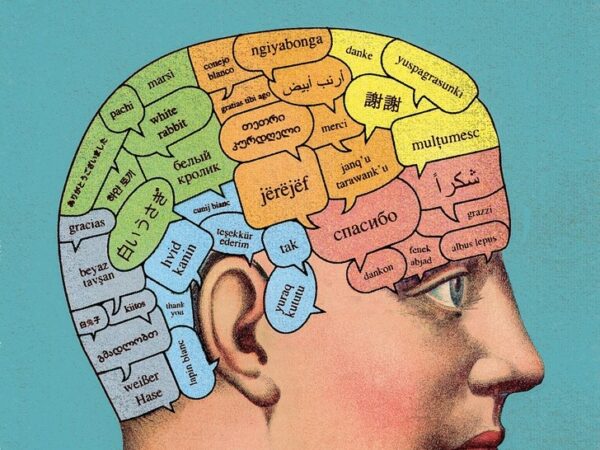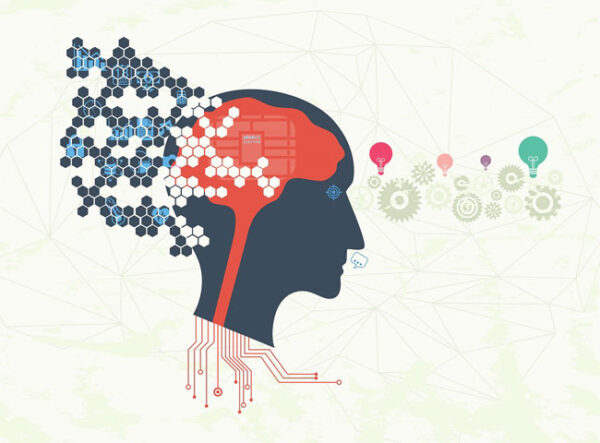Language is a fundamental aspect of human communication and interaction. It is a tool that enables us to convey our thoughts, feelings, and ideas to others. However, language is not just a means of communication; it also has a profound impact on our thoughts and behavior. In this article, we will explore the psychology of language and how it affects our thoughts and behavior.
The Sapir-Whorf Hypothesis
The Sapir-Whorf hypothesis, also known as linguistic relativity, suggests that the language we speak shapes our perceptions of the world. In other words, the language we use to describe things can influence how we think about them. For example, if a language has only one word for blue and green, speakers of that language may not distinguish between the two colors as easily as speakers of a language that has separate words for blue and green.
Studies have shown that language can also influence how we perceive time, space, and social relationships. For example, some languages use different tenses to describe events that have already happened or events that will happen in the future. Speakers of these languages may perceive time differently than speakers of languages that do not make this distinction.
Language and Social Identity
Language can also play a significant role in shaping our social identity. The way we speak, including our accent and dialect, can signal our social class, ethnicity, and regional background. This can lead to stereotypes and biases based on language use.
Language can also be used as a tool for social and political power. For example, in colonial and post-colonial contexts, the dominant language was often used as a tool for control and oppression. In some cases, the use of a particular language was even prohibited or punished.

Language and Cognitive Development
Language also plays an important role in cognitive development. Children who are exposed to language at an early age develop language skills more quickly and have better cognitive outcomes than children who are not exposed to language. In fact, some studies suggest that language development is a critical factor in cognitive development and that children who lack exposure to language may experience long-term cognitive deficits.
Language also affects the way we learn and remember information. Research has shown that people remember information better when it is presented in their native language than when it is presented in a second language. This is because the brain processes information differently in different languages.
The psychology of language is a fascinating and complex field of study. Language has a profound impact on our thoughts, behavior, and social identity. It shapes the way we perceive the world and can even influence our cognitive development. As such, it is important to recognize the power of language and to use it responsibly and respectfully.







